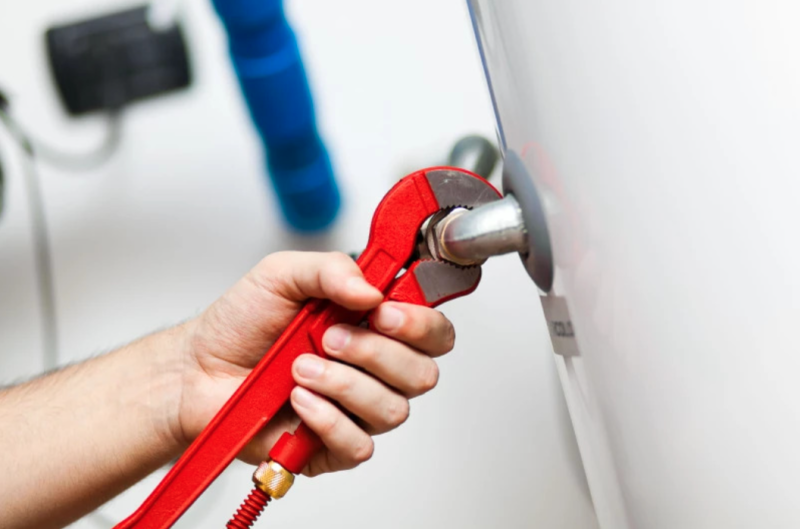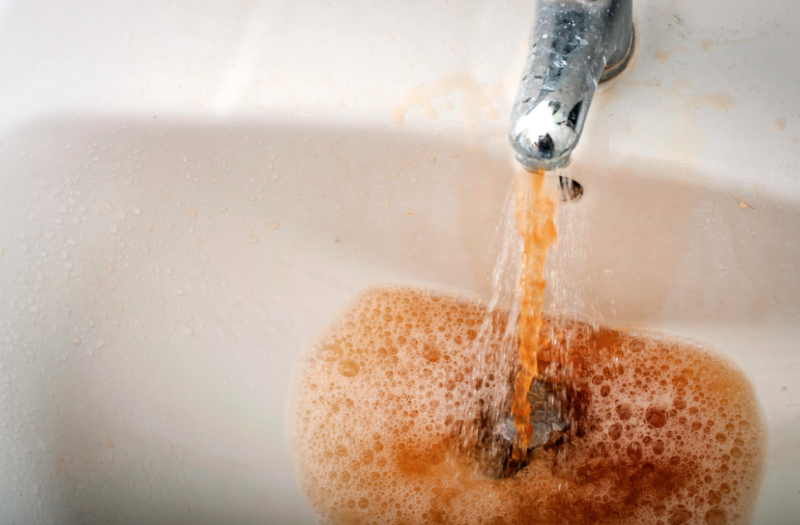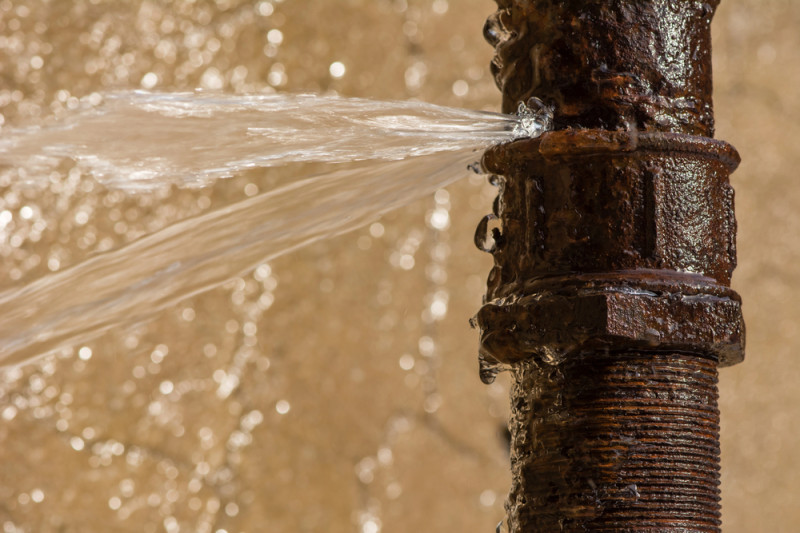Water pressure plays a crucial role in your day-to-day life, whether it’s enjoying a relaxing shower, washing dishes, or watering the garden. But when water pressure isn’t quite right, either too low or too high, it can disrupt your routine and potentially damage your plumbing.
So, what causes low water pressure, or for that matter the opposite, high water pressure? Let’s dive in to uncover the most common causes of low water pressure and causes of high water pressure, so you can better understand and address the problem.
Got an issue with your water pressure? Call your local Perth plumbing team at Swan’s Professional Plumbing today!
What Do You Mean By Water Pressure?
Water pressure refers to the force that pushes water through your pipes and out of your taps, showers, and appliances. Ideally, your water pressure should be balanced – too low, and tasks like showering or using a sprinkler can become frustrating; too high, and you risk damage to your plumbing and appliances.
Normal water pressure ensures these fixtures work efficiently, striking a balance that avoids inconvenience from low pressure or damage from high pressure.
What Can Cause Low Water Pressure?
Low water pressure is a common issue that can affect a single tap, multiple fixtures, or your entire home. Here are the most frequent causes of low water pressure:
1. Clogged Pipes
Over time, mineral deposits, rust, and debris can build up in your plumbing, particularly in older copper pipes, clogging pipes and restricting water flow. This is one of the most common causes of low water pressure and in severe cases, may require professional CCTV drain cleaning or pipe replacement. Replacing corroded pipes may be necessary to restore proper pressure.
2. Faulty Fixtures
Sometimes, what can cause low water pressure is as simple as a clogged aerator or showerhead. Hard water build-up can block the flow of water, making it seem like there’s an issue with your plumbing fixtures when the fix is quick and easy.
3. Leaks in Your Plumbing
Leaking pipes are a common cause of low water pressure because water escapes before it reaches your fixtures. Check for signs of leaks, such as damp patches on walls or unusually high water bills, to pinpoint the problem.
4. Issues with the Water Supply
Problems with your local water supply, such as maintenance work or a drop in pressure at the source, can also explain what causes low water pressure. Check your water metre for any signs of abnormal usage or interruptions, which may indicate supply issues or a leak in your plumbing system. If you suspect this is the issue, you may also be able to contact Water Corporation to see if there is a supply issue.
5. Faulty Pressure Regulator
A pressure regulator controls water pressure entering your home. If it’s malfunctioning, it could be reducing your pressure too much.
What Causes High Water Pressure?
While low water pressure is frustrating, high water pressure can be equally problematic. Here are the most common causes of high water pressure:
1. Faulty Pressure Regulator
Just as a pressure regulator can cause low pressure, it can also malfunction and allow excessively high pressure into your system. A faulty regulator is one of the most common causes of high water pressure.
2. Main Water Supply Pressure
If your area has particularly high water pressure, it might carry over to your home. While high-pressure water is great for firefighting and other specific needs, it can damage your plumbing if left too high for an extended period of time.
3. Thermal Expansion
When water is heated, it expands. In a closed plumbing system, this can lead to temporary spikes in pressure, especially if there’s no thermal expansion tank to regulate it.
4. Plumbing System Design
In some cases, the design of your plumbing system can cause high water pressure. For instance, if your pipes are too small for the water volume being delivered, the pressure may increase.
Why Is Water Pressure Important?
Whether it’s high or low, unbalanced water pressure can lead to a host of problems:
- Low Water Pressure: Reduces the effectiveness of taps, showers, and appliances, making daily tasks inconvenient.
- High Water Pressure: Can damage pipes, fixtures, and appliances, leading to expensive repairs or replacements.
Addressing the causes of low water pressure or high water pressure early can save you from major headaches down the line. Contact Swan’s Professional Plumbing today to fix your water pressure problems.
Did you know all members of Swan’s Professional Plumbing receive a FREE annual plumbing health check? We’ll identify any water pressure issues before they turn into a big plumbing emergency.
How to Fix Water Pressure Issues
If you’re dealing with low or high water pressure, here are some steps to take:
- Check Your Fixtures: Start by inspecting taps and showerheads for clogs. Cleaning or replacing them can often fix the issue.
- Inspect Your Pipes: Look for leaks or signs of mineral build-up that might be restricting flow.
- Test Your Pressure Regulator: Use a water pressure gauge to measure the pressure in your home. If the reading is too high or too low, your regulator might require adjustment or replacement.
- Install a Pressure-Reducing Valve: For homes with consistently high pressure, a PRV can help regulate and protect your plumbing.
- Contact a Plumbing Professional: For persistent issues, a professional plumber from Swan’s Professional Plumbing can identify and fix more complex problems with your water pressure.
Get Expert Help with Water Pressure Issues
Not sure what’s causing your water pressure issues? The team at Swan’s Plumbing is here to help. We’ll diagnose the problem and recommend the best solutions to restore balanced water pressure to your home.
Contact us today for expert advice and professional service! Don’t let water pressure problems disrupt your day!



